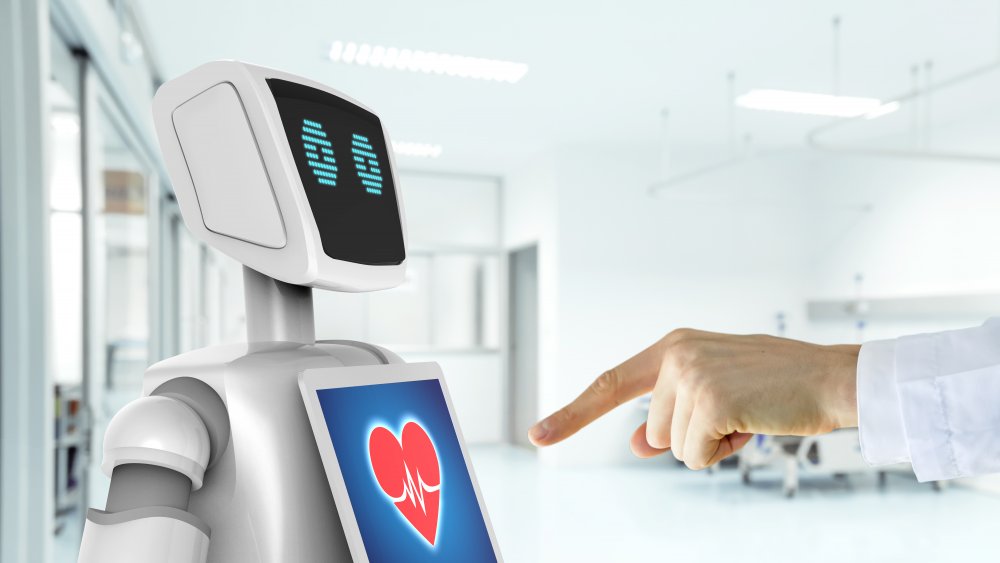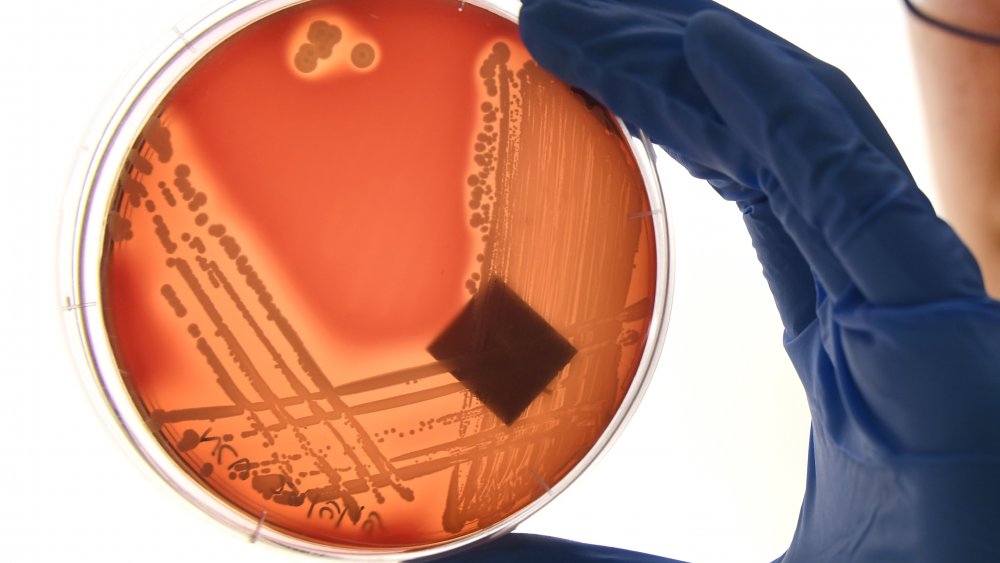Artificial Intelligence Discovers Powerful New Antibiotic
According to the MIT News Office, researchers at the school have utilized advanced artificial intelligence to design a new antibiotic drug capable of combating drug-resistant bacteria.
Through the combined efforts of MIT's Computer Science and Artificial Intelligence Laboratory (CSAIL) and Institute for Medical Engineering and Science, scientists have discovered a new type of antibiotic called halicin. Previously tested as an anti-diabetes drug, halicin was found to be an effective treatment for multiple strains of microbial problem children like Clostridium difficile, Acinetobacter baumannii, and that pesky old rascal Mycobacterium tuberculosis.
The breakthrough was made in part thanks to advances in the field of AI, using computer models to screen molecular compounds and their efficacy in treating infections. Per their press release, MIT researchers trained a computer to simulate roughly 2,500 molecules and the way they would respond when used as antibiotics, including 1,700 pre-approved drugs and about 800 of them described as "natural products with diverse structures and a wide range of bioactivities." What they found was a drug which was chemically distinct from any other antibiotic with a low level of potential toxicity when introduced to the human body.
Pen-tium-icillin
An ointment containing halicin was then applied to lab mice infected with drug-resistant A. baumannii, a bacterial strain which U.S. troops stationed in Iraq and Afghanistan have been struggling with. While A. baumannii has managed to stave off attacks from other antibiotics, halicin reportedly cleared all infections in a laboratory setting within 24 hours. Halicin was also shown to be effective in treating E. coli, with the bacteria proving unable to adapt to the drug over a 30 day period.
The timing of this discovery couldn't be better, as antibiotic research has plateaued in recent years due to strict rules in place regarding tests of new compounds, so try not to let the fact that scientists named their drug after HAL from 2001: A Space Odyssey get you down. In a recent survey, nine out of ten screenwriters agreed that it would be super hackey if this whole thing led to a robotic doctor realizing that humanity was the most dangerous infection of all while droning "mankind must be cured." We're probably fine.

